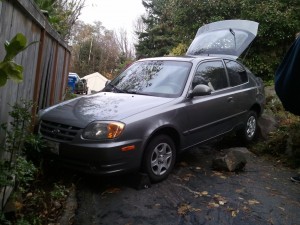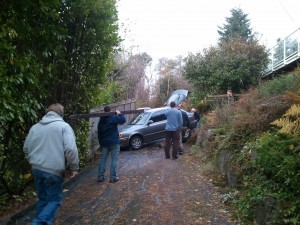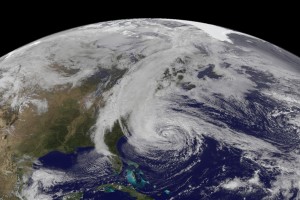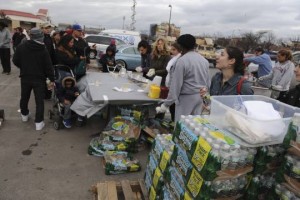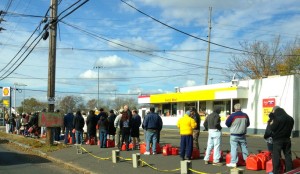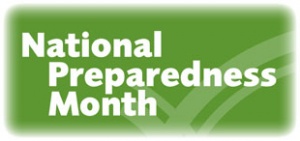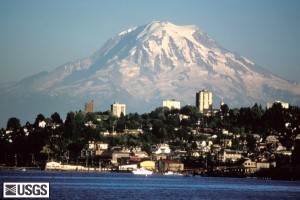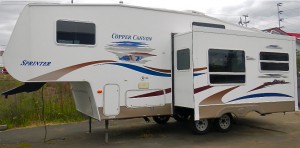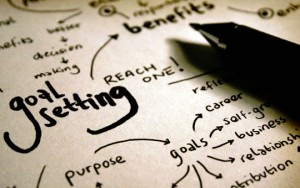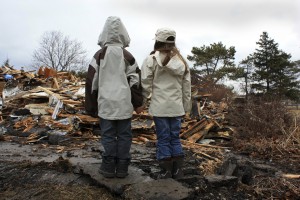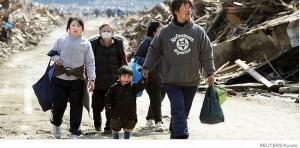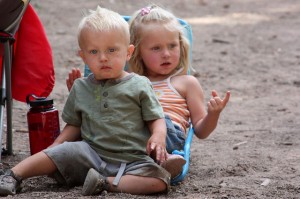 Accomplished Goals in 2012
Accomplished Goals in 2012
Major Goals
- We are now debt-free — This goal took over two years of effort, and more patience and austere living than we were use to (but interestingly we seemed to adjust to it and now it’s sort of the norm). But Sarah is great at numbers and budgeting, and we were able to do this relatively painlessly. There are some exceptions, but we achieved what we set out to accomplish.
- We own two female and one male American Chinchilla Rabbits — Though as we’ve still been unable to successfully breed them, we’re beginning to wonder if our male will need to be replaced.
- We bought a 2004 F350 Ford Diesel pickup truck 4×4 crew-cab with an extended bed — We saved and bought it with cash, and are now slowly completing the repairs it needs (that’s why we got it at such a good price initially.)
- I blogged for a full year, three times a week, through September — I’m now posting less regularly now but it’s still an active, and enjoyable, part of my life.
Minor/Ongoing Goals
- We got a pressure canner, and used it — We successfully canned turkey and broth. We’d highly recommend this to anyone who preserves food, it was easy.
- We inspected and rotated our BOB, etc. (later than scheduled, but it got done) — This is far more of a hassle than it should have been, but definitely needs to be done on a regular basis — it’s amazing how quickly you forget what you have, and where it is, in your kit.
(I reviewed my goals Halfway Through 2012, in July, and at that point wasn’t doing to bad. But I didn’t end up getting a whole lot done after that.)
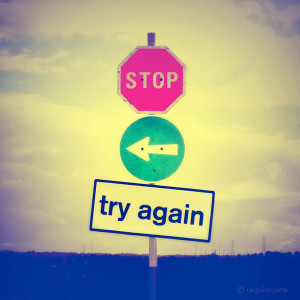 Goals I’ll Roll Over To 2013
Goals I’ll Roll Over To 2013
- Learn to make yogurt — This isn’t a hard one, it just needs to get done. Our family likes yogurt and it’s a great source of nutrition and protein.
- Learn to brew beer — Now that my friend, Tad, is back living in the area I have no excuses. We hope to get together and make beer this month.
- Grow cabbage, then make sauerkraut — We planted it, and it completely failed (no heads developed, possible pollination problem?). We’ll try again this summer with another variety. I guess we could have bought cabbage to make make into sauerkraut — but we didn’t.
- Getting extra rice and beans to share with the the neighbors (if/when needed) — This is still a priority. We’ll budget for it soon.
- Learning to identify local plants (we got the book, now we need to use it).
Goals That’ll Wait Until We Get Our Homestead
- Adding solar panels — When everything is said and done, we live in Western Washington and just don’t get a lot of sun to make this a top priority. It’d be nice, and I hope to experiment with it one day, but there are other projects first.
- Honey Bees — This is something we’d really like to do, but have decided to wait until we’re situated at the new place
- Planting Ground Nuts — They take a couple of years to mature, and we hope to be moved by then.
- Get a 1/2 cord of wood — We decided we didn’t really need it at this house. Once we get our place I’ll add “cut and stack wood” to my to do list.
So how did you’re 2012 goals turn out? Are you better off as a prepper now then you were at this point last year?
(Next week: Goals For 2013)
Green highlighted words are links to posts that cover those topics.

